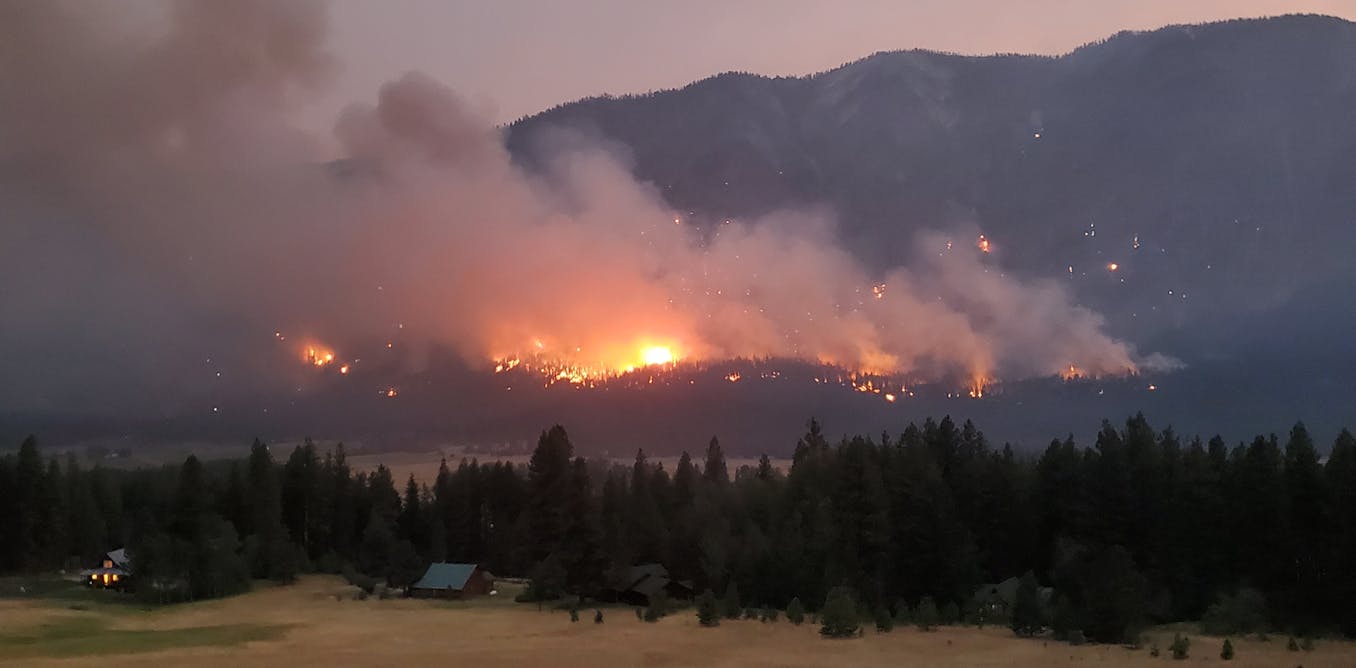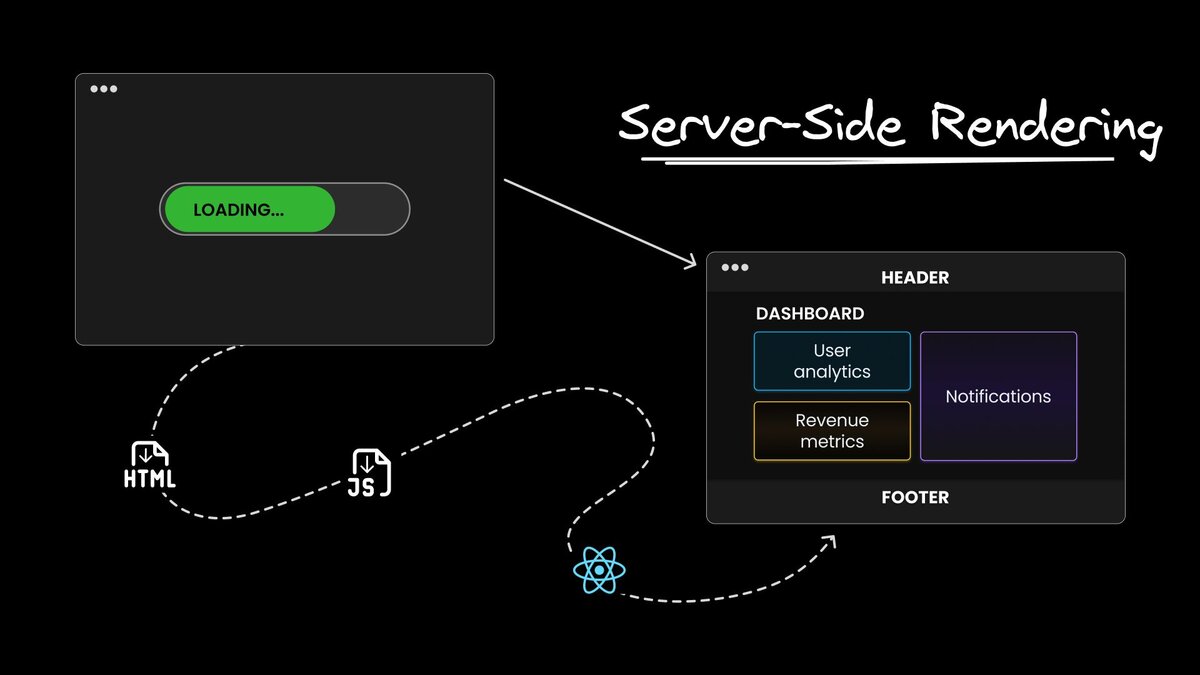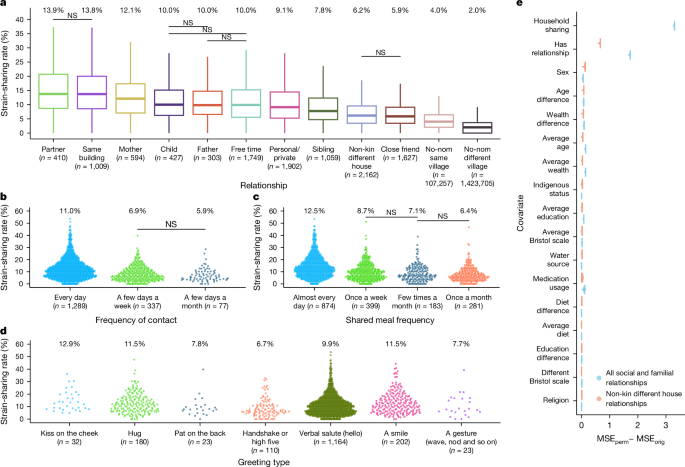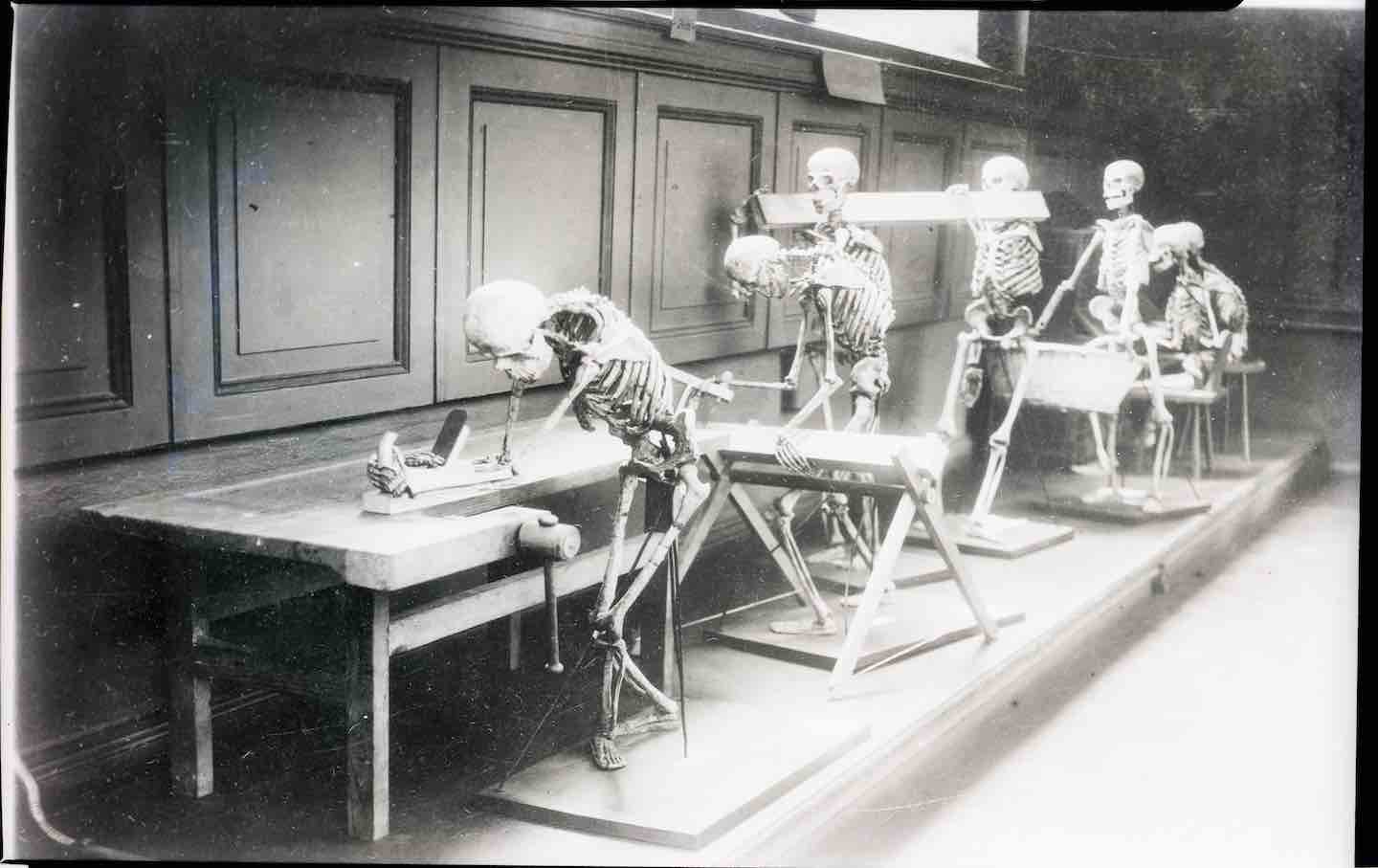
Western voters reject ranked-choice voting
HCN has covered the lands, wildlife and communities of the Western U.S. for more than 50 years. Get to know the West better by signing up to receive HCN’s on-the-ground reporting and investigations in your inbox.
Sign up to receive High Country News’ email newsletters and get on-the-ground reporting and investigations delivered to your inbox each week.
High Country News is an independent nonprofit — 75% of our revenue comes from readers like you. Help us continue this work by donating today. Donate: Any amount $5 $10
Last week, voters in half a dozen Western states rejected ballot measures that would have overhauled how elections are conducted.
Four states — Oregon, Colorado, Idaho and Nevada — resoundingly rejected ranked-choice voting initiatives. Alaska is still awaiting a final verdict on whether it will keep or repeal its own ranked-choice voting system. And in Arizona and Montana, ballot measures mandating open primaries were also defeated.
The results are a serious loss for election reform advocates, in a year that had been hailed as a history-making one for creating a ranked-choice alternative to the traditional two-party voting system. Whereas the current system holds separate primary elections for Democrats and Republicans, ranked-choice voting lists all candidates, regardless of party affiliation, on a single ballot, and tallying the winner through multiple rounds of counting.























